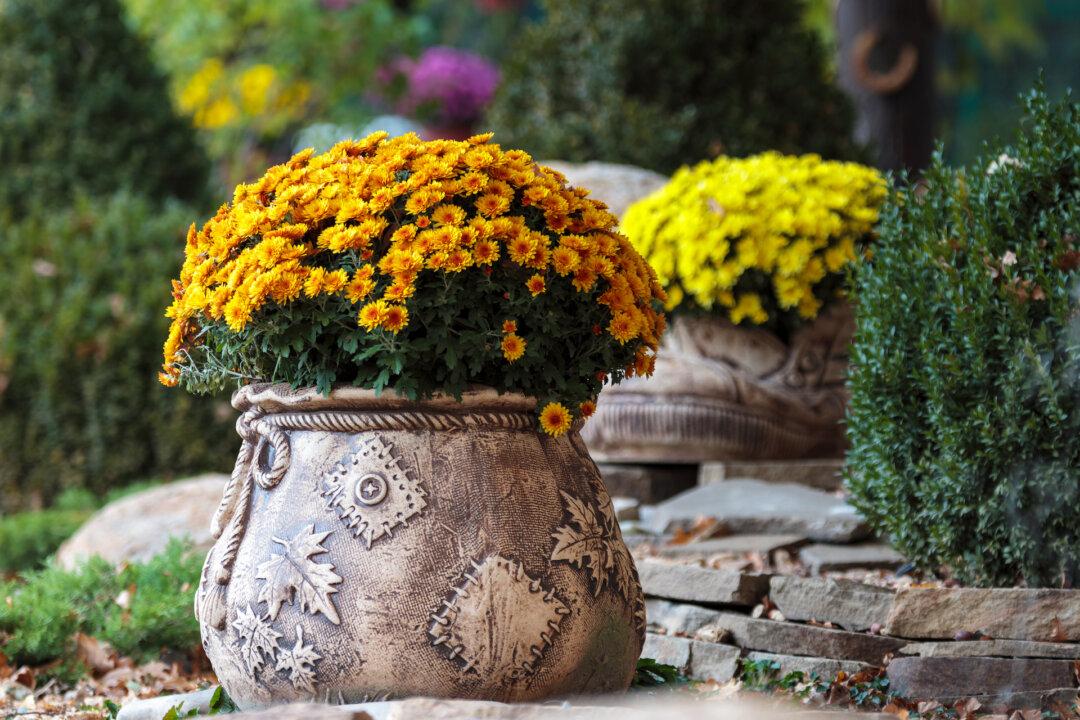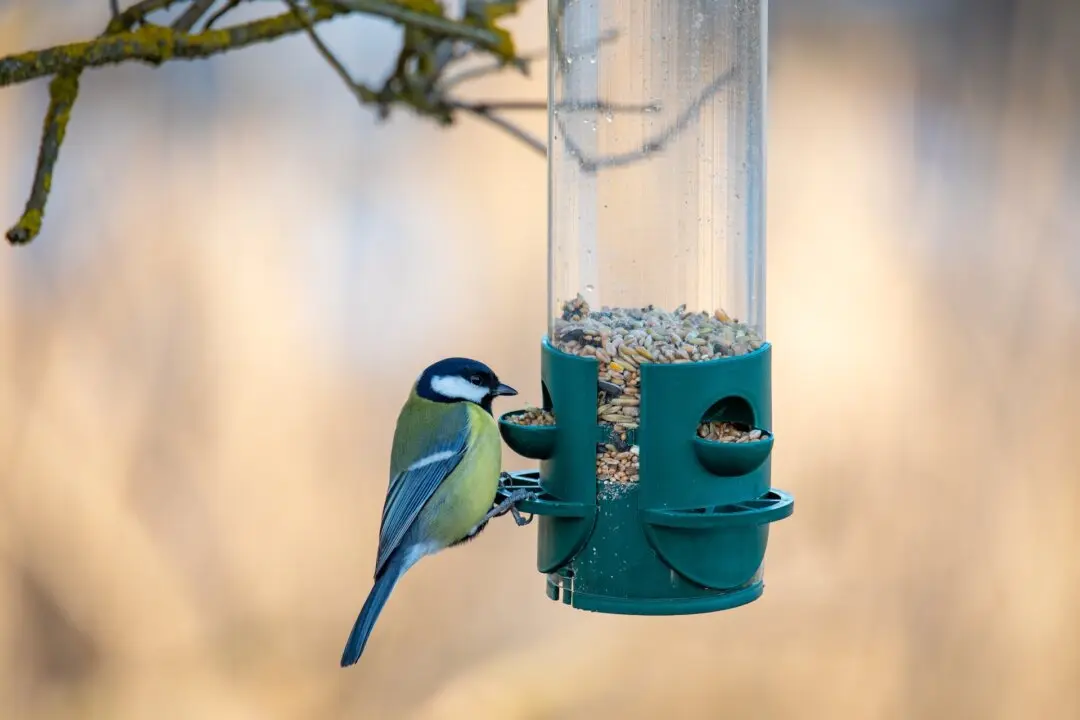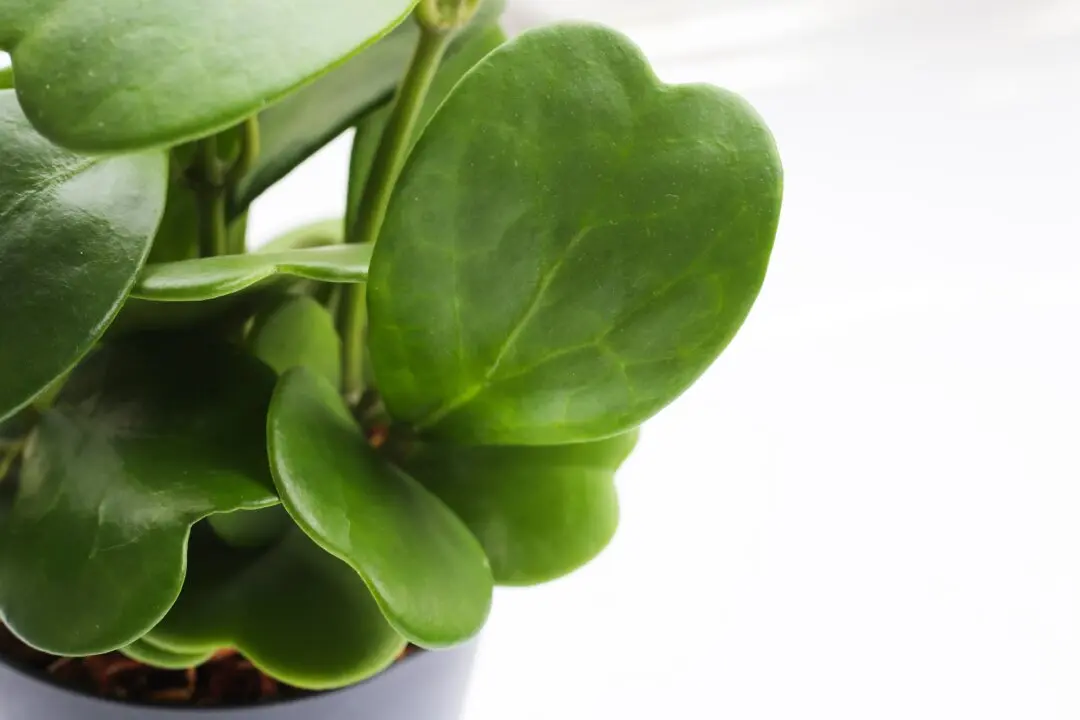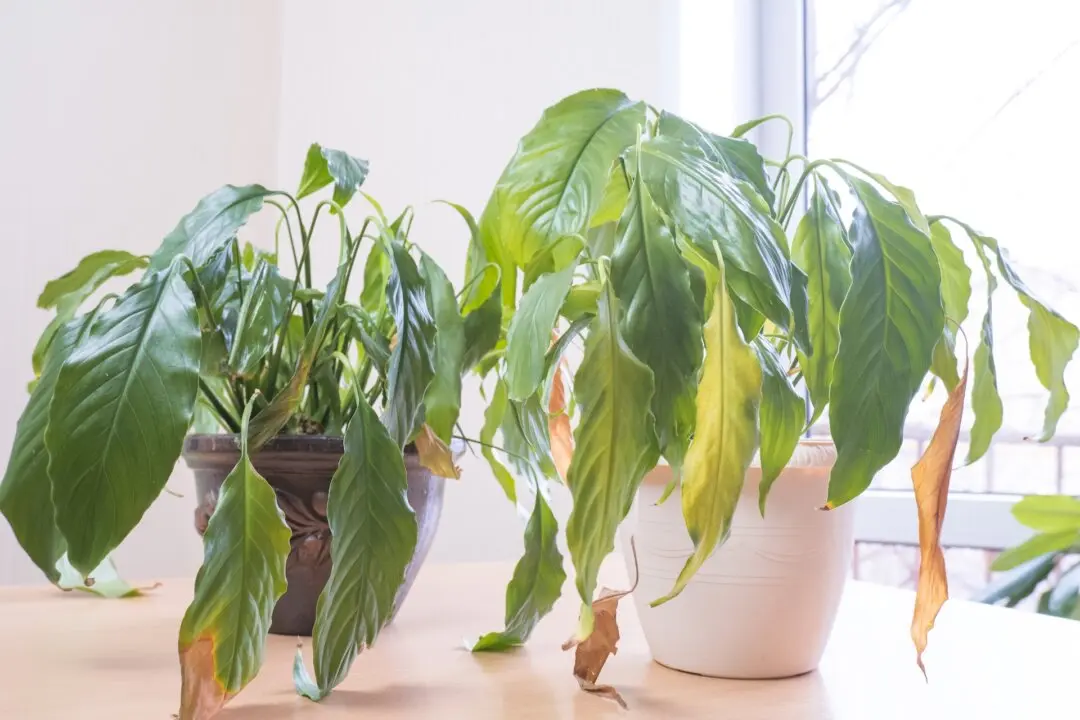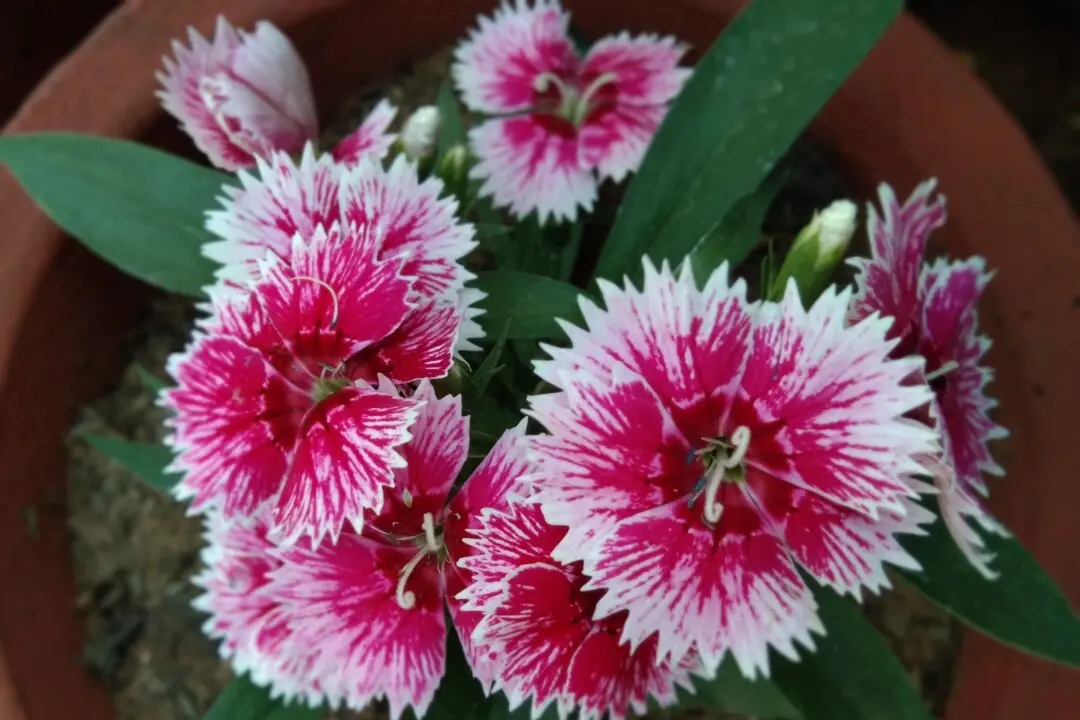Q: I have three potted mums on my porch. The flowers are fading, and I am wondering what to do with them next. They were expensive, and I would like to keep them until next year. I have a place in the back of my vegetable garden where I could bury the pots until next spring. What do I do with them in the spring?
A: Some potted mums are not hardy and won’t make it until spring no matter what you do with them. Some are what we would call garden mums, and they can grow in hardiness zones 4 through 9. A key to keeping garden mums alive over the winter is keeping the soil damp. They are in a lightweight potting soil mix. If there is no rain or snowfall, they will need to be watered. It will be easier to keep the soil damp if they are planted out of their pots until spring, even if you want to grow them in pots over the summer. The surrounding soil will help keep the roots moist, whereas a plastic pot would block the flow of water to the roots.

